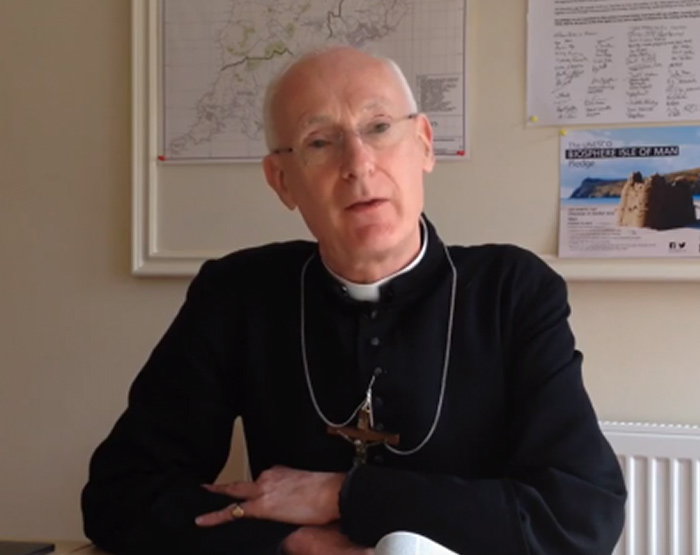As human beings, we are called to live in relationship. First of all, we have to live in a loving relationship with our own self, and that can be difficult enough when we are so readily distracted by our inner emotions and anxieties. Beyond that, we seek to live in relationship with others around, in relationships that may or may not be intimate but must always be characterised by generous grace. And beyond that still, as Christians we are called to a mystical but real relationship with our brothers and sisters and friends in Christ, in our own place and time and also beyond. Over and above and before all of that is our relationship with God, the Holy Trinity who has created us and redeemed us and who sustains us in our daily life.
Difficult? It certainly can be. Joyful? We hope and pray that it may be. Hurtful? Yes, sometimes it is, because we are beings who are vulnerable to words and actions and emotions that may or may not be intentional. But we can look to the goods of our faith to enable us to make the best out of the wonderful opportunity that is given in every relationship. We look to scripture, to sacrament, to prayer, and to tradition. They all give many examples of relationships grounded in faithfulness and love. In the classical Christian tradition, I think of Benedict and Scholastica, siblings in the life consecrated to God; of Cyril and Methodius, brothers who were the apostles to the Slavic peoples; and today as I write, 27 August, on her memorial day, of Monica and of her son Augustine.
Augustine is the outstanding figure in western Christianity between the apostolic period and the scholastics of the later Middle Ages. His writings, particularly Confessions and The City of God, are the most beautiful of all devotional literature, with a humanity and wonder that makes them easily accessible even today. Augustine became a Christian through the intercession of his mother, who prayed for him at great length with love and with sorrow for his earlier unconverted life. Augustine writes of this in the Confessions, speaking in Book viii of Monica’s joy at his conversion, and then in Book ix describing their final days together before Monica’s death, aged 56, in the year 387. In Chapter 11 of Book ix, we listen to a poignant conversation between Monica and her two sons: Augustine’s brother is sorrowful that their mother should be dying not in her home of North Africa but abroad, in Italy, until Monica reminds him that none of this is important: “All I ask of you is that, wherever you may be, you should remember me at the altar of the Lord”. I have taken these words, a gift of God, for my own remembrance of all who have shaped my life for good. As we commemorate Monica and Augustine in the liturgical calendar on 27 and 28 August each year, we can learn more of what it means to live in a relationship of care and of love, in which prayer for the other person is the supreme characteristic, in this world and the next.
+Peter


